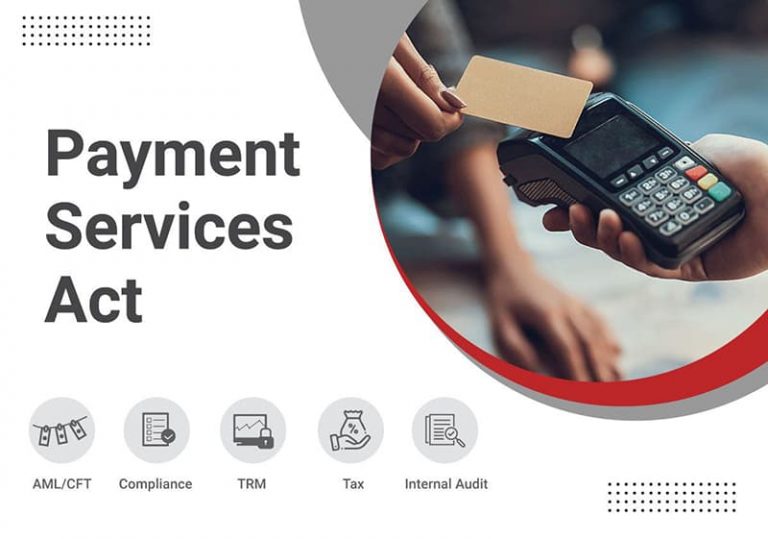Role of Payment Services Act in SingaporePosted by InCorp Global on May 10th, 2021
The PS Act provides a single regulatory framework for payment services as a result of the growing convergence across various types of payment activities. In essence, it involves two regulatory schemes:
The Act also expands the regulatory scope of the Monetary Authority of Singapore as mentioned earlier to include the seven types of licensable payment services. The Act also sets up a risk-oriented regulatory structure flexible enough to suit the various services offered by the market players. Designation RegimeThe designation regime is meant for payment systems that play a critical role in the Singapore financial system’s security and efficiency. In other words, certain payment systems are designated for closer supervision if they are key in the safety and efficiency of the financial system. There are three designation categories:
SIPS are systems whose disruption could affect the other participants or a systemic disruption to the financial system of Singapore like the MAS Electronic Payment System. SWIPS are systems whose disruption does not directly disrupt the financial system but could affect public confidence in the payment systems or the financial system. Systems that fall under SWIPS include the Singapore Dollar Cheque Clearing System, the US Dollar Cheque Clearing System, Fast and Secure Transfers, the Inter-bank GIRO (IBG) System, and the Network for Electronic Transfers. Licensing RegimeUnder the licensing regime, payment service providers are required to obtain a license if they provide payment services specified under the PS Act. Some of the payment services under the law include:
Data communication platforms that transmit financial information and market participants that provide services to other payment service providers and financial institutions are not required by the PS Act to get a license. Read more about Singapore Payment Services Act at InCorp Global. Like it? Share it!More by this author |



